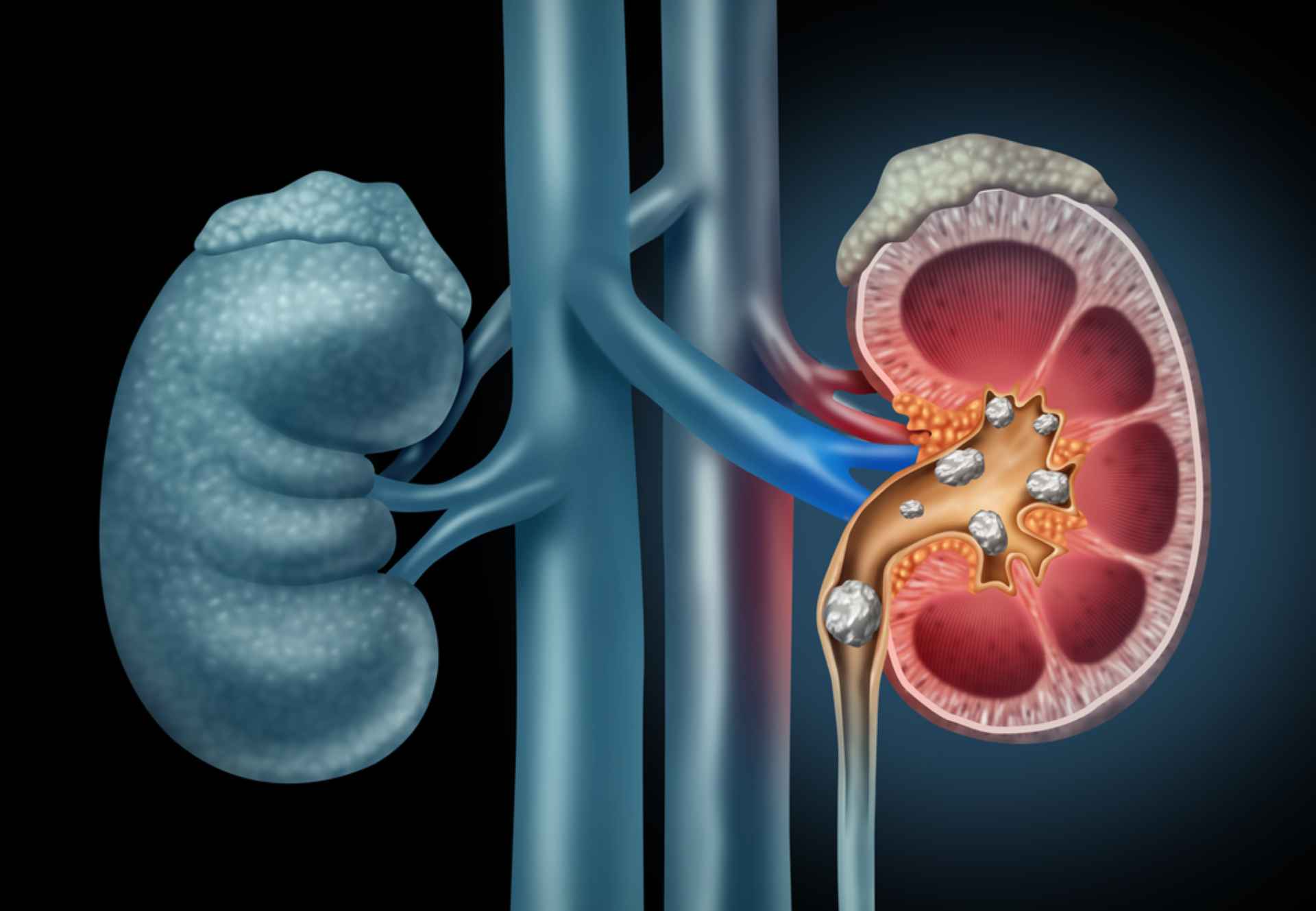
The kidneys are important organs that filter blood and remove the excess bodily fluid. They essentially remove toxins from the blood, such as cholesterol and waste. When the kidneys are no longer capable of removing these toxins, it can lead to blockages that damage the kidneys, which can even cause death, if nothing is done to rectify it.
Kidney failure related symptoms usually progress slowly. It happens when scar tissue builds up in the kidney’s filtering units, and its ability to filter out toxins is reduced significantly, among other causes of failure. There are five stages of kidney failure. If you need advice on your kidney health, it is always better to look up the best nephrologist in Mumbai who will diagnose your condition and determine which stage of the disease you are in.
We will now see the five stages of kidney failure and their symptoms:
Stage 1
Kidney disease occurs in people with diabetes or high blood pressure. Stage 1 of kidney disease is characterised by a glomerular filtration rate or GFR higher than normal, above 90 ml/min. However, there are barely any visible symptoms during this stage. As a result, people hardly get diagnosed with stage 1 kidney disease. Even if they do, that would be because they got tested for other conditions, such as blood pressure or diabetes. In stage 1, your kidney is only mildly damaged and works normally.
The main symptoms of stage 1 kidney failure include:
● Higher levels of urea or creatinine in urine
● Presence of protein or blood in the urine
Stage 2
Even during stage 2 of kidney failure, kidneys function as usual. A decrease in glomerular filtration rate characterises this stage to 60 to 89 ml/min.
The main symptoms of stage 2 kidney failure include:
● Presence of protein or blood in the urine
● Urinary tract infections
● Swelling in your hands or feet
● High blood pressure
Stage 3
The glomerular filtration rate or GFR falls to 30 to 59 ml/min in stage 3 of kidney failure. In this stage, your kidney might be mild to moderately damaged, and the damage would have started to affect the function of the kidneys. Stage 3 is further differentiated into two sub-stages- stage 3a and stage 3b. In stage 3a, the glomerular filtration rate falls to 45-59 ml/min. Whereas in stage 3b, the glomerular filtration rate falls to 30 to 44 ml/min.
The main symptoms of stage 3 kidney failure include:
● Fatigue
● Swelling in your feet and hands
● Dryness or itchiness in the skin
● Muscle cramps
● Trouble in sleeping
● Restless leg syndrome
● Frequent or less urination than normal
● Foamy or darker urine
Stage 4
Stage 4 of kidney disease is characterised by a glomerular filtration rate or GFR between 15 to 29 ml/min. Your kidney is severely damaged in stage 4. In this stage, the kidney function declines, and waste products build up in the blood, leading to a condition called Uremia.
The main symptoms of stage 4 kidney failure include:
● Fatigue
● Swelling and fluid retention
● Shortness of breath
● Anaemia
● Pain in the lower back
● Stomach upset or throwing up
● Bad breath
● Loss of appetite
● Tingling or numbness due to nerve problems
● Difficulty in concentrating
Stage 5
Your glomerular filtration rate or GFR falls to less than 15 ml/min in Stage 5. This means that your kidney is severely damaged and has almost stopped doing its functioning. Your kidneys are not able to filter your blood and remove waste materials or toxins from your body. Other functions of kidneys, such as regulating blood pressure, producing hormones that help in RBC production, and activating Vitamin D for healthy bones, are also affected. In this stage, a kidney transplant or dialysis becomes necessary for the patient to survive.
The main symptoms of stage 5 kidney failure include:
● Loss of appetite
● Nausea or vomiting
● Headache
● Fatigue
● Muscle cramps
● Tingling and numbness
● Increasing skin pigmentation
● Little or no urine
● Swelling on face, legs, and arms
Conclusion
Kidney failure consists of five stages and each stage of kidney disease has its own symptoms. If you experience any of these, you should consult your doctor and undergo screening tests. Kidney function will gradually worsen as the disease progresses, and patients will need more treatment. It is essential to consult the best nephrologist in Mumbai for proper care and treatment of kidney disease.
Read also:
https://expertsadvices.net/nephrologist-how-do-they-treat-end-stage-renal-disease/
